How Humans Judge Machines:
Unpacking the Ethics of Artificial Intelligence
Spring 2021
Synopsis:
Recent advances in artificial intelligence have invited people to question the role that AI plays in our society. Semi-intelligent machines are increasingly involved in decision making systems and are changing the nature of human privacy, fairness, governance, and work. This course will discuss the ethics of artificial intelligence with a particular focus on the way in which humans judge machines. The course will combine pre-recorded video lectures and online discussions (in zoom). We will closely follow the textbook How Humans Judge Machines (in print by MIT Press and available for free at judgingmachines.com). We will use the material presented in the book and videos as a point of departure to discuss issues related to algorithmic bias, algorithm aversion, privacy, labor displacement, and more.
Format:
Online course (zoom) supported by pre-recorded video lectures.
Capacity:
24 students. The course is open to students from al universities and backgrounds, but priority will be given to students from ANITI and the University of Toulouse system, followed by students from the Alliance Manchester Business School and Harvard’s Master in Design Engineering Program.
Credits:
University of Toulouse System graduate students will get 1 credit.
Pre-requisites:
No formal pre-requisites, but we recommend the course for students at the PhD, Masters, or senior undergraduate level.
Meeting Time:
Thursdays, from March 11 2021 to May 20 2021
3pm-4:30pm Central European Time (Paris, Toulouse)
*We will follow Central European time. Meeting time in other locations may change due to daylight savings adjustments.
Instructor:
César A. Hidalgo PhD,
Director, Center for Collective Learning, Artificial and Natural Intelligence Institute, University of Toulouse,
Honorary Professor, Alliance Manchester Business School, University of Manchester
Visiting Professor, School of Engineering and Applied Sciences, Harvard University
Teaching Assistant:
Carlos Navarrete,
PhD Student, Center for Collective Learning,
Artificial and Natural Intelligence Institute,
University of Toulouse
Evaluation:
Evaluation will be based on participation (which is mandatory) and a final student presentation where students (in teams of 2) will present a critical though piece on A.I. and society in a pre-recorded video presentation of no more than 7 minutes.
Videos
Syllabus
The syllabus follows chapters from How Humans Judge Machines (available at judgingmachines.com)
March 11, 2021
Class introduction. This session will explain the format of the course, introducing the online video resources, the asynchronous communication slack channel, the instructors, and the class syllabus and schedule.
March 18, 2021
Introduction & Chapter 1. Introduction to basic concepts of ethics (moral status, moral agent, and intention), moral psychology (moral foundations theory), and experimental methodology.
(Videos 1 to 8)
March 25, 2021
Chapter 2. Algorithmic and human decisions under uncertainty. Delegation of responsibilities. Lewd behavior. Breaches of justice and loyalty.
April 8, 2021
Chapter 3. Algorithmic Bias in human resources, university admissions, and policing. Limits of fairness, and methods to mitigate fairness.
April 15, 2021
Chapter 4. Privacy. K-anonymity, differential privacy. Observation by humans and machines in public and private settings.
April 22, 2021
Chapter 5. Labor displacement and labor precarization. Displacement in various industries. Consequences of automation.
April 29, 2021
Chapter 6. General principles. Descriptive structure of the moral space. Moral functions. Variations with demographics.
May 6, 2021
Chapter 7. Discussion and Outlook. Moral dilemmas. Implications of morality focused on intentions and outcomes.
May 20, 2021
Video presentations and end of semester.






























